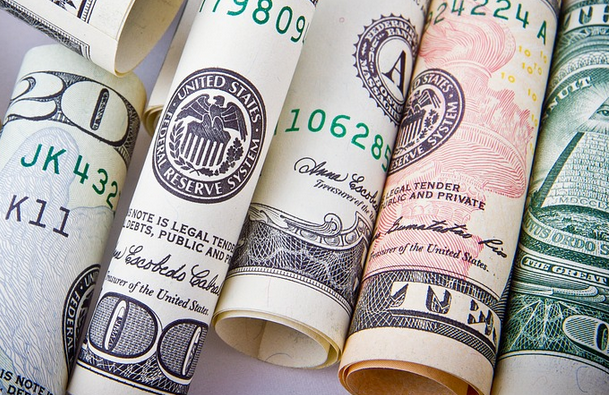Exchange Rates Can Kill Your Retirement
“The exchange rate is killing our retirement,” he said.
“What do you mean?” I asked.
“We are retired and my wife and I get a monthly check from our pension system in Canada. But, because we live here in Panama, we have to convert our Canadian dollars to US dollars. The exchange rate is just strangling us. We have no other choice. We have to sell.”
I had this conversation last week with a retired couple in Panama. They have a beautiful home built only two years ago in a small expat community.
Their home is completely paid for, and they only have minimal annuals fees to upkeep the home and pay taxes.
So why would they need to sell?
It’s their everyday living expenses. Groceries, medicine, clothes, transportation, and all the little things that we all spend money on. They all add up at the end of the month.
Panama is definitely cheaper than Canada or the US, but there are still expenses. And this Canadian couple simply couldn’t cover their living costs.
Their solution was to sell their brand new home. They had spent most of their retirement savings to build the home and calculated that they would be able to live the rest of their lives from their monthly pension.
They calculated wrong. They didn’t take into account the possible exchange rate change. Meaning, they didn’t think the US dollar would ever get so high, compared to the Canadian dollar.
(If you’re wondering why this couple would need US dollars in Panama… that’s because Panama uses the US dollar as their currency. Many other countries do as well, like El Salvador and Ecuador. Additionally many countries and territories use the US dollar in addition to their local currency, like parts of Mexico and the Philippines.)
So, if they sold their home, they’d get a chunk of US dollars to supplement their pension. Their plan was to rent for a while until the Canadian dollar gained back it’s strength.
Now, I’m not going to fault this couple’s strategy at all. They are doing the best with what they have.
But, a situation like this is something that most people never even consider.
You might be thinking, but I don’t use the US dollar. Or I’m not going to retire to a different country. Or I never have to convert my currency.
Well… I suggest you really think about your future. Because you have no idea what could happen if you are not properly prepared.
Look at the what happened in Italy on Sunday. As I wrote here, that Italy could end up seeing a banking crisis, my point is that things are changing. Fast.
Although it hasn’t happened overnight, the changes in currencies this past year have been enormous.
From the Mexican peso, to the euro, to the Chinese yuan – many have seen major fluctuations.
These swings mean that individual’s wealth can expand and contract literally within a couple days. Additionally, prices for certain assets can change, making certain items more or less expensive for the end consumer.
For US dollar holders, everything that is imported to the US is cheap right now. That’s because a strong US dollar buys more assets in weaker currencies.
People holding weaker currencies who want to buy US dollar denominated assets will have to spend more money. And, as most people know, commodities are usually priced in US dollars no matter where you are in the world.
In general, a strong dollar makes commodities cheap. This is good for US consumers, but bad for commodity producers (they have to sell their product at a discount). A weaker dollar means that US consumers have to pay more, but commodity producers make higher profits.
But, this won’t last forever. Markets are cyclical and an increasing US dollar won’t always march higher.
As soon as I start to see the dollar strength decline, I’ll move into these assets. Remember, you always buy low and sell high.
Getting back to the example of the Canadian couple, it’s a good idea to diversify your wealth into assets valued in different currencies. This will diversify your holdings and also offer a way to profit when the cycle switches direction.
I’ll have an exciting opportunity to share with you soon. I’ve already invested, but it’s taken me over a year to figure everything out. I’ll save you time (and money) and show you how to do it – soon.




